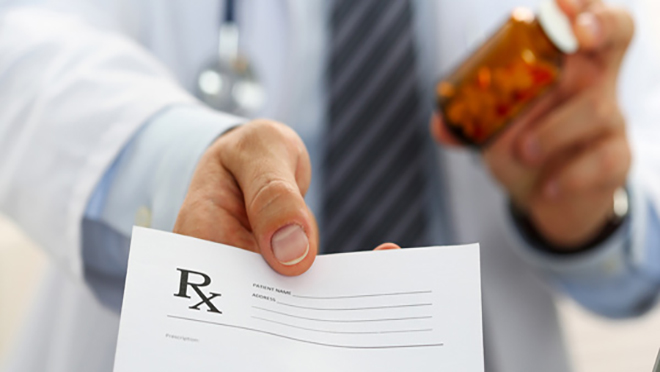At a glance
- If you get sick with flu, flu antiviral drugs may be a treatment option.
- Antiviral drugs can make illness milder and shorten the time you are sick. They might also prevent some flu complications, like pneumonia.
- Flu antiviral drugs work best when started early, ideally within two days after your flu symptoms begin.

Treatment overview
Flu antiviral drugs are prescription medicines (pills, liquid, an inhaled powder, or an intravenous solution) that fight against flu in your respiratory tract. Antiviral drugs are not sold over the counter. You can only get them from a pharmacy if you have a prescription from your doctor or health care provider. Antiviral drugs are different from antibiotics. Antibiotics fight against bacterial infections and do not work against viruses, like influenza.
Most people with flu have mild illness and do not need medical care or antiviral drugs. If you get sick with flu symptoms, in most cases, you should stay home and avoid contact with other people except to get medical care.
If, however, you have symptoms of flu and are at increased risk for complications, are very sick with flu or worried about your illness, contact your health care provider right away. CDC recommends early treatment as soon as possible for people who have flu or suspected flu who are at higher risk of serious flu complications, such as people with asthma, diabetes, or heart disease.
Most people not at increased risk for flu complications who get sick with flu do not need to be treated with antiviral drugs.
Antiviral drugs can help treat flu illness
Antiviral drugs should be started as soon as possible after symptoms begin. Studies show that treatment of flu with antiviral medications works best when started within two days after flu symptoms begin and can lessen symptoms and shorten the time you are sick by about a day. Starting antiviral treatment shortly after symptoms begin also can help reduce some flu complications. However, starting them later can still be helpful, especially if the sick person has a higher-risk health condition or is very sick from flu (for example, hospitalized patients). Follow your doctor's instructions for taking these medications.
What not to do
Antibiotics will not treat flu
Antibiotics do not work on viruses. When antibiotics aren't needed, they won't help you, and their side effects could still cause harm. Side effects can range from mild reactions, like a rash, to more serious health problems. These problems can include severe allergic reactions, antimicrobial-resistant infections and C. diff infection. C. diff causes diarrhea that can lead to severe colon damage and death.
What to do if you get sick
1. Take flu antiviral drugs, if a health care provider prescribes them.
2. Take everyday precautions to protect others while sick.
3. Stay home until you are better.
Stay home and avoid contact with other people except to get medical care. You can go back to your normal activities when, for at least 24 hours, both are true:
- Your symptoms are getting better overall, and
- You have not had a fever (and are not using fever-reducing medication).*
After these two criteria are met, there are some additional precautions that can be taken to protect others from respiratory illness.
*More information about how long people are contagious with flu and what to do if you did not have a fever is available below.
